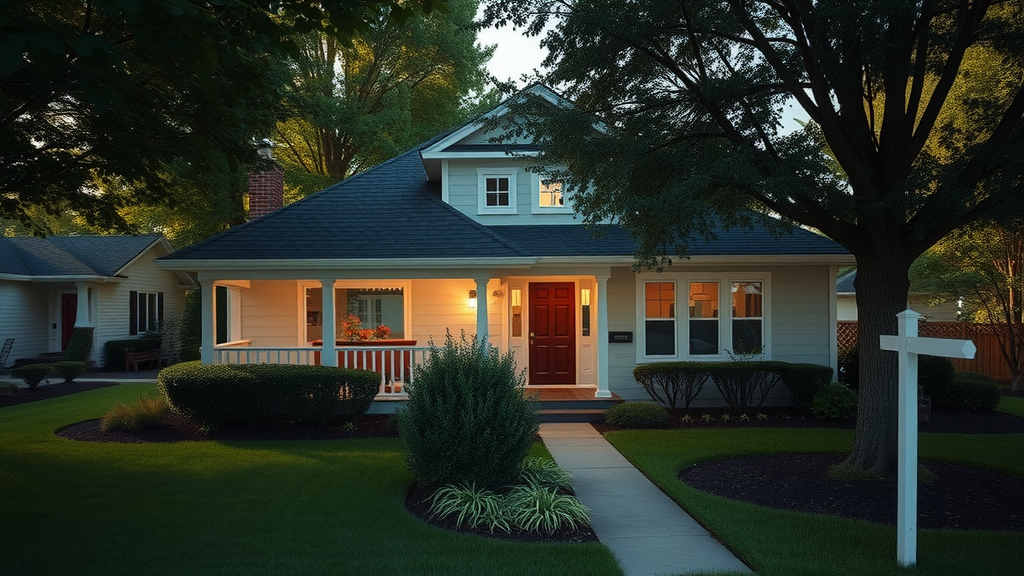What happens to jointly owned property in bankruptcy?
jointly owned property, bankruptcy estate, British Columbia
When you declare bankruptcy in Canada, jointly owned property can stay with the other owner if they claim full ownership. However, if there’s equity involved, your trustee will assess its role in settling your debts. For specifics, consult a licensed insolvency trustee to navigate your options.

Impact of bankruptcy on jointly owned property explained.
Question
What happens to jointly owned property if I file for bankruptcy?
I want to understand what could happen to property I co-own if I declare bankruptcy.
From: Anonymous Question, British Columbia (BC)
Debt Insiders Answer
When you declare bankruptcy in Canada, any property you partially own does come with its own set of twists. If you share an asset, it can usually stay with the other owner, provided they can wave the “it’s mine” flag in terms of ownership—since your bankruptcy doesn’t snatch up what isn’t fully yours. Now, here’s the twist: if there’s a pot of gold in the form of equity sitting in that shared property, your trustee will step in to crunch some numbers. The goal? To figure out if that equity should join the bankruptcy party. Depending on how things pan out—or what goodies are on the exemption list in your province—your trustee might chat with the co-owner about buying out your share, or even weigh the option of selling the property to cover your debts.
The plot thickens when you start untangling the shared ownership web. If you and your co-owner decide to sell, both of you might pocket some cash, but if your bankruptcy affects the property’s worth or usage, it could throw a wrench in your co-ownership plans. Best bet? Have a cozy chat with a licensed insolvency trustee or an expert in law. They’ll give you the 411 on how bankruptcy might twist and turn through your shared property and debt landscape.
From: Insider Scott
Elimiate up to 80% of Your Debt
High cost of gas, high cost of groceries, high lending rates, low salary - being in debt is not your fault! See if you qualify for government debt programs and get out of debt today!
Office of the Superintendent of Bankrupty (OSB) Answer
If you file for bankruptcy in Canada and you co-own property, the treatment of that property will depend on the specific circumstances, including the bankruptcy rules outlined in the Bankruptcy and Insolvency Act. Under Section 67 of the Bankruptcy and Insolvency Act, the property you own jointly with another person is considered part of your assets, but the trustee must consider the interest of your co-owner.
In practice, your trustee may take steps to sell the jointly owned property, but your co-owner has an equitable interest in the property. The trustee will need to negotiate with your co-owner, and often, your co-owner has the option to buy out your share of the property to keep it.
Additionally, regulations under C.R.C., c. 369 and SOR-2007-256 may detail how proceeds from any sale are distributed and how to handle claims related to jointly owned assets. For specific guidance, consult a licensed insolvency trustee.
From: This answer is provided by scanning the OSB Bankruptcy & Insolvency Act and related directives
Related Questions
Here are the top 5 most frequently asked questions related to what happens to jointly owned property if one files for bankruptcy, based on common concerns and online search trends:
1. What happens to my share of the equity in a jointly owned property if I file for bankruptcy?
- Your share of the equity will be realized and paid into the bankruptcy estate, potentially requiring the cooperation of the co-owner or a court order for partition and sale.
2. Can my co-owner buy out my share of the jointly owned property to avoid a sale?
- Yes, your co-owner can purchase your share of the property from the trustee to avoid a forced sale.
3. How does bankruptcy affect a jointly owned matrimonial home?
- If the equity in the home exceeds the provincial exemption limit (e.g., $10,783 in Ontario), the trustee may realize on the excess equity, and the home could be sold or the non-bankrupt spouse could buy out the bankrupt’s share.
4. What if the jointly owned property has negative equity or is mortgaged?
- If the property has negative equity, the trustee will typically de-register their interest, and any shortfall will be a claim provable in the bankruptcy. If there is some equity, the trustee will attempt to realize on it for the creditors.
5. Can I keep the jointly owned property if I file a consumer proposal instead of bankruptcy?
- Yes, filing a consumer proposal can allow you to keep your interest in the jointly owned property while making a deal with your creditors to repay a portion of what you owe over time.
References
| Title, Source |
|---|
| Bankruptcy and Jointly Owned Property, Canadian Government |
| Understanding Bankruptcy and Joint Assets, Consumer Affairs Ontario |
| Impact of Bankruptcy on Co-Owned Property, The Canadian Association of Insolvency and Restructuring Professionals |
| Bankruptcy and Insolvency Act (R.S.C., 1985, c. B-3), Government of Canada |
Table of article references
Eliminate up to 80% of Your Debt
High cost of gas, high cost of groceries, high lending rates, low salary - being in debt is not your fault! See if you qualify for government debt programs and get out of debt today!